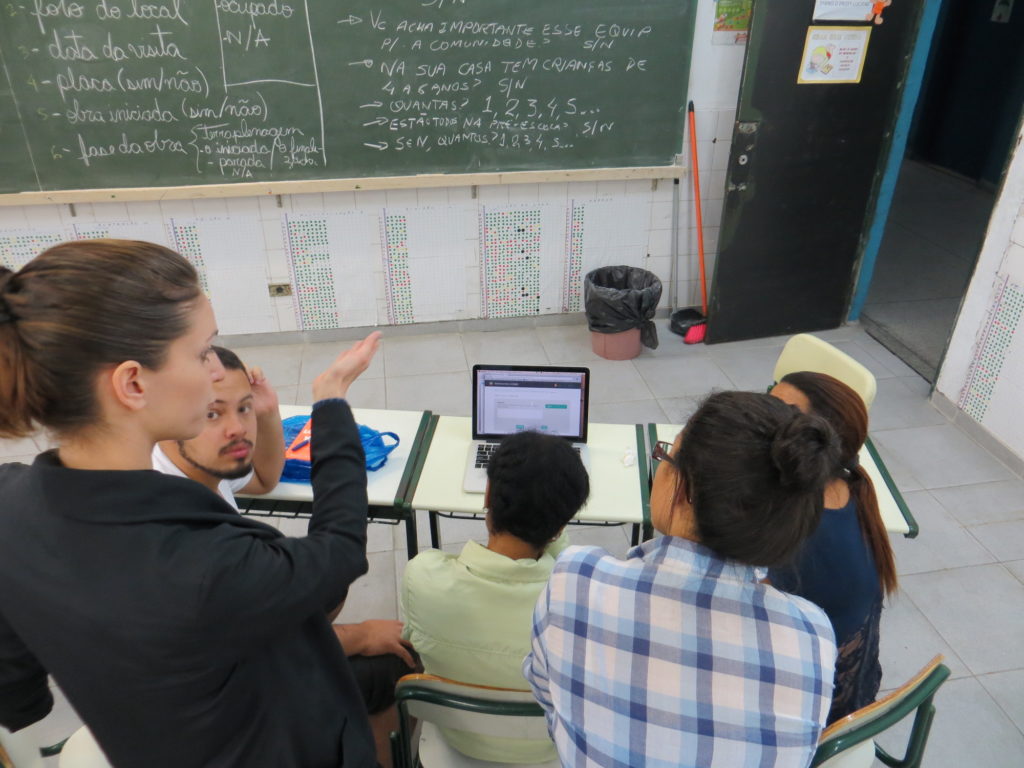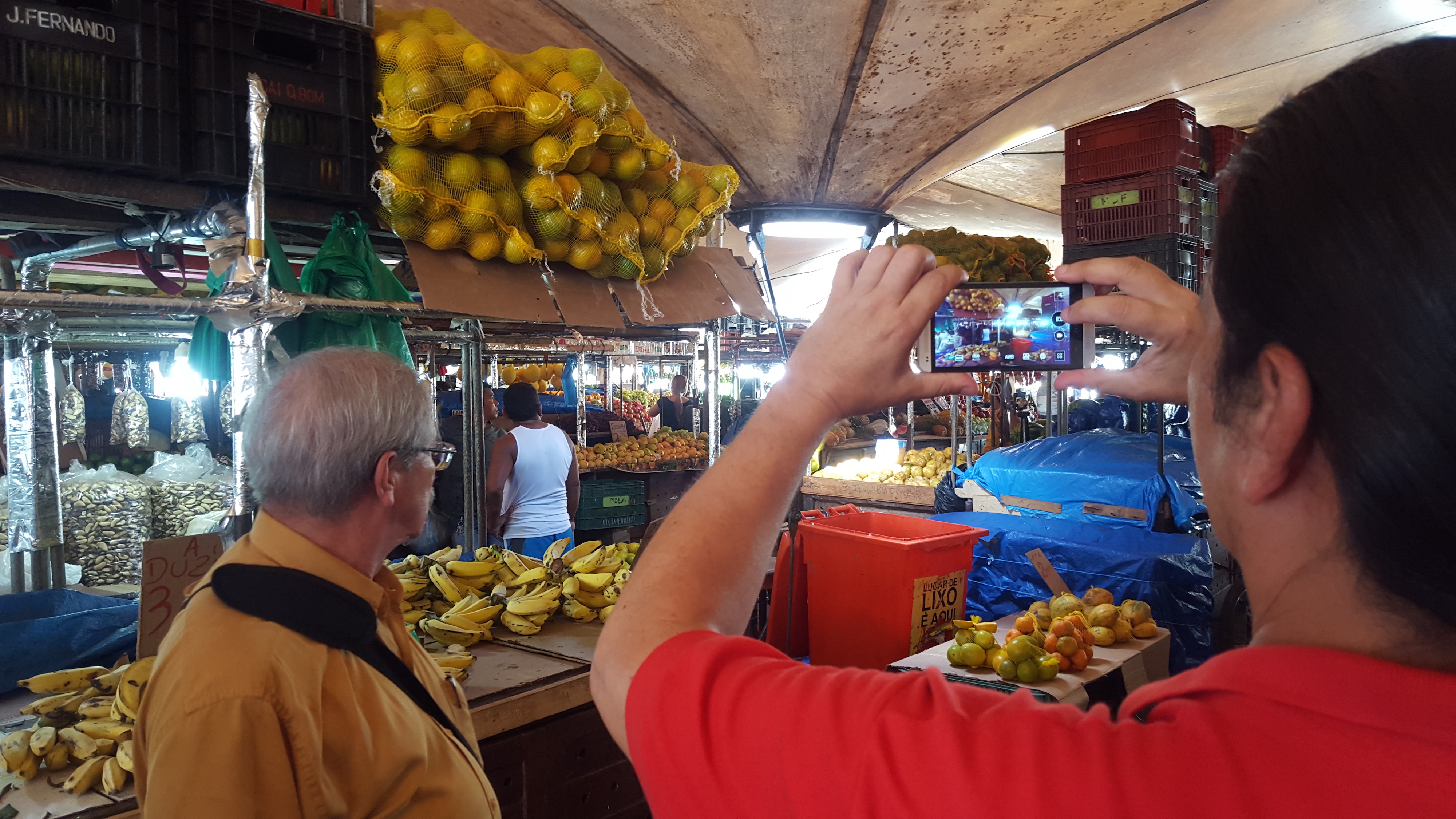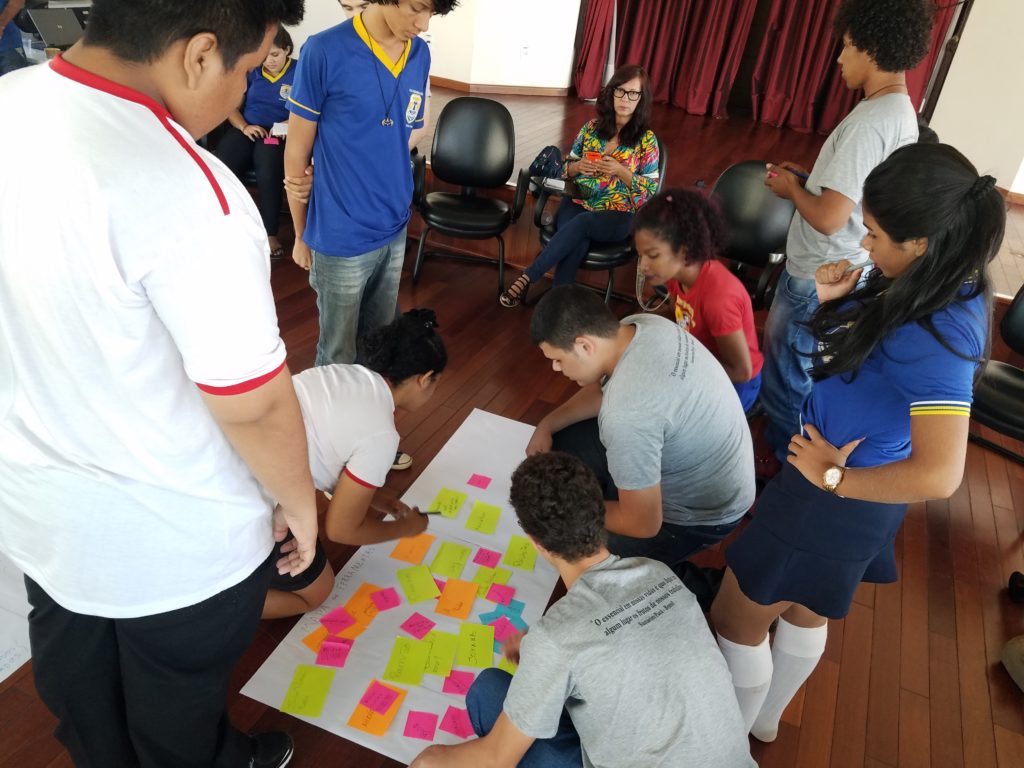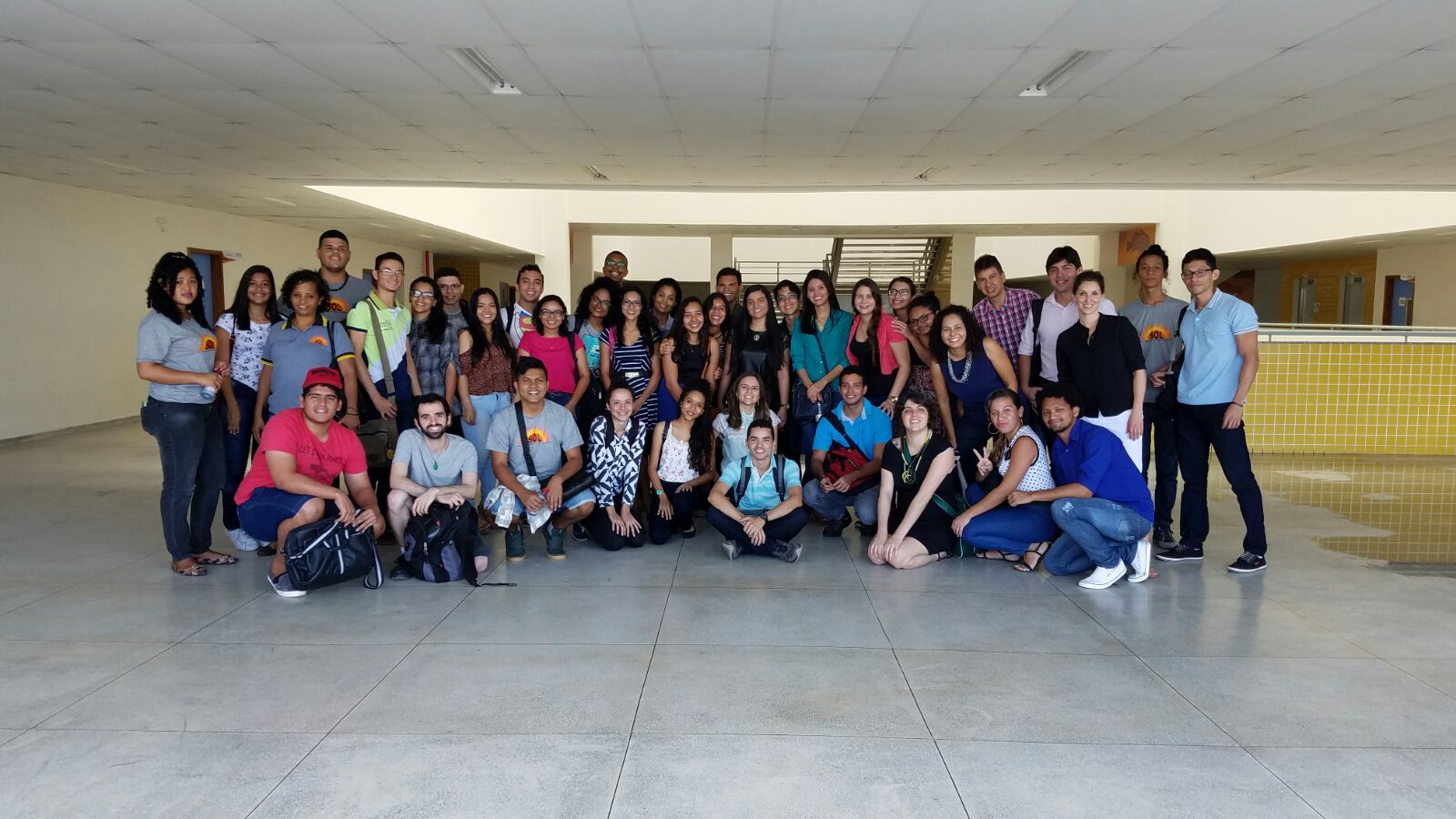Project history
Initial concept
Promise Tracker began in late 2013 as a project of the Center for Civic Media at the MIT Media Lab. The initial interest was to understand how technology could better support citizens in the processes of monitoring of political promises and increasing accountability for elected officials. In partnership with Rede Nossa São Paulo (Our São Paulo Network) and the Office of Strategic Priorities of Minas Gerais, the Civic Media team developed the initial concept for the project through workshops with community leaders and participatory counselors in Belo Horizonte and São Paulo.

During the workshops, participants shared their experiences with social organizing on a local level, discussed the relevance (or not) of the political promises made by City Hall in their cities, and tested an existing data collection tool to monitor issues of interest in their neighborhoods.
Collaborative development and pilot
Interested in the potential of using citizen data for accountability but frustrated with the complexity of existing tools, the Civic Media team decided to develop a new platform to facilitate the creation and management of collaborative data collection campaigns aimed at an audience with limited technical knowledge .
Throughout 2014, several workshops were held with members of Rede Nossa São Paulo to test and refine the Promise Tracker platform.


After the launch of the first version of Promise Tracker in 2015, the team held workshops in 9 cities throughout Brazil with member organizations of the Brazilian Network for Just and Sustainable Cities that were organizing to improve infrastructure and public services on a local level. The objective was to pilot the Promise Tracker methodology and platform and incorporate feedback directly from users in the field.


In these workshops, the hosting organizations invited residents, local leaders, government representatives and local institutions to choose topics of interest, develop monitoring campaigns, test data collection in the city, discuss the results and brainstorm strategies to solve the identified challenges. We sought to integrate ideas and suggestions that emerged during the workshops and pilot campaigns into the tool and into the facilitation guide that documents the methodology and steps of the Promise Tracker process.
Read more about the activities of this phase here.
Accompaniment & evaluation
Once the platform had been launched, the idea was to see if or how civil society groups would use the tools outside of organized workshops. In 2016, the Civic Media group teamed up with Humanitas360 and the CoLaboratory for Development and Participation at the University of São Paulo to accompany groups that were using Promise Tracker and learn from their projects, methodologies, and impacts.

The team followed school lunch monitoring campaigns implemented by the Student Movement Pact for Education in Pará and Project SOL in Santarém; by the Federal University of Pará‘s Laboratory for Innovation and Oversight in the Public Sector, the Social Observatory of Belém and the Ministry of Transparency and Comptroller General in Pará; and by the Public Prosecutor’s Office in Ponta de Pedras.
Read more about the monitoring campaigns of these partners here.
During this second phase of the project, we had the opportunity to bring together a network of actors from different cities, states, different countries to share experiences, strategies and visions for the use of Promise Tracker and the future of citizen monitoring more broadly.

The work, learnings and models of this initial group served as an example for other groups such as the Comptroller General of the Federal District and the Ministry of Transparency and the Comptroller General, who have scaled and created new initiatives that integrate Promise Tracker into citizen monitoring initiatives in several states throughout Brazil.
Read more about this fase in blog posts here.
A new home for the project in Brazil
From the group of partners active in the second phase of the project, the first Governance Committee for Promise Tracker was born, a group that now guides the technical priorities and supports dissemination and new uses of the platform.
Along with the desire for more collaborative management of the project, Committee confirmed the importance of having the headquarters of Promise Tracker closer to its growing community users and their context. In 2018, the project left the umbrella of MIT and established an official home within the University of São Paulo’s COLAB. Today, the platform runs on the University of São Paulo servers with accompaniment and active exchange between the actors from academia, civil society and oversight agencies that make up the Governance Committee and new implementers of the project.
We are very excited to continue supporting and learning from different uses of Promise Tracker and dreaming together how to strengthen the culture and practice of collaborative processes for citizen monitoring.
Governance committee